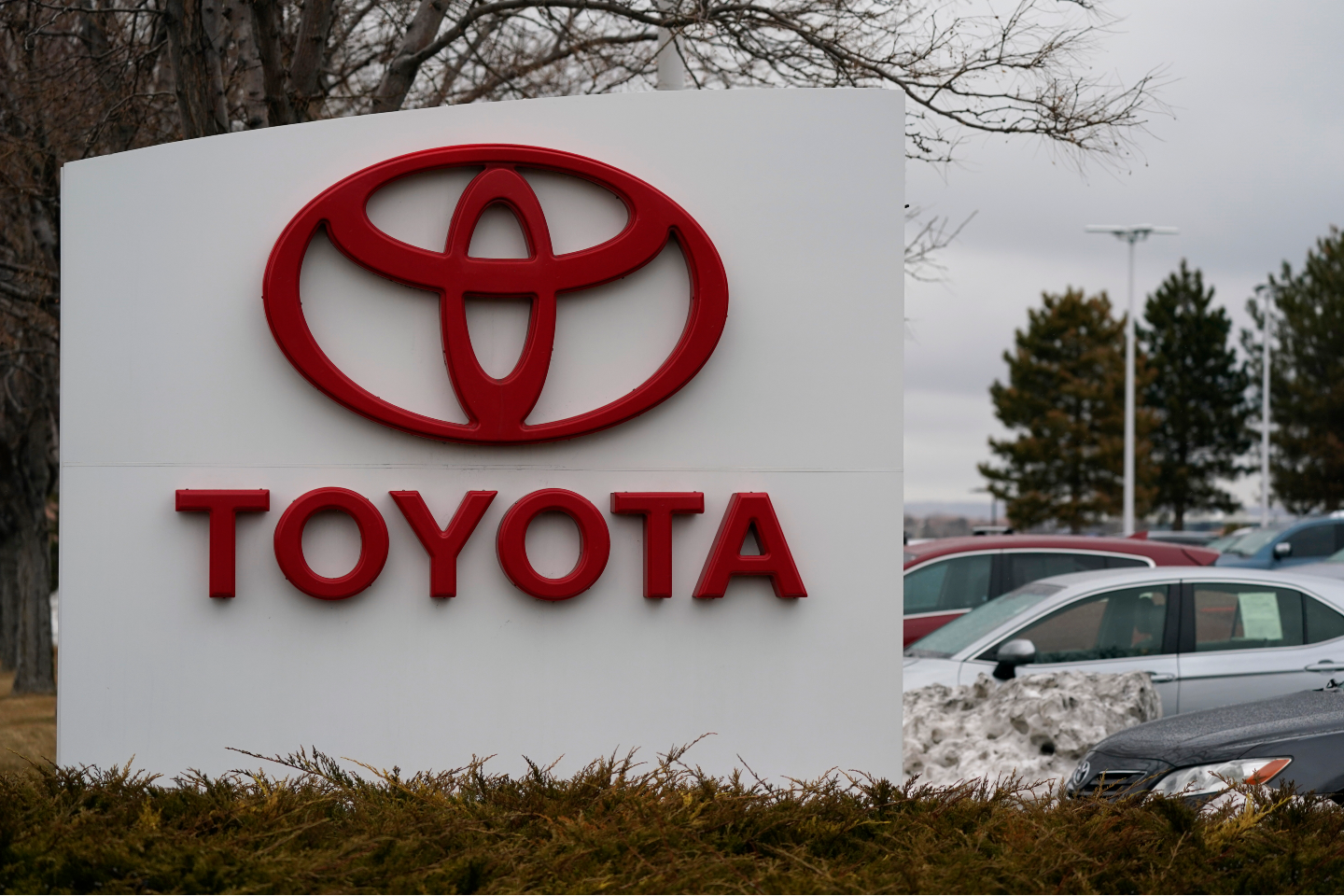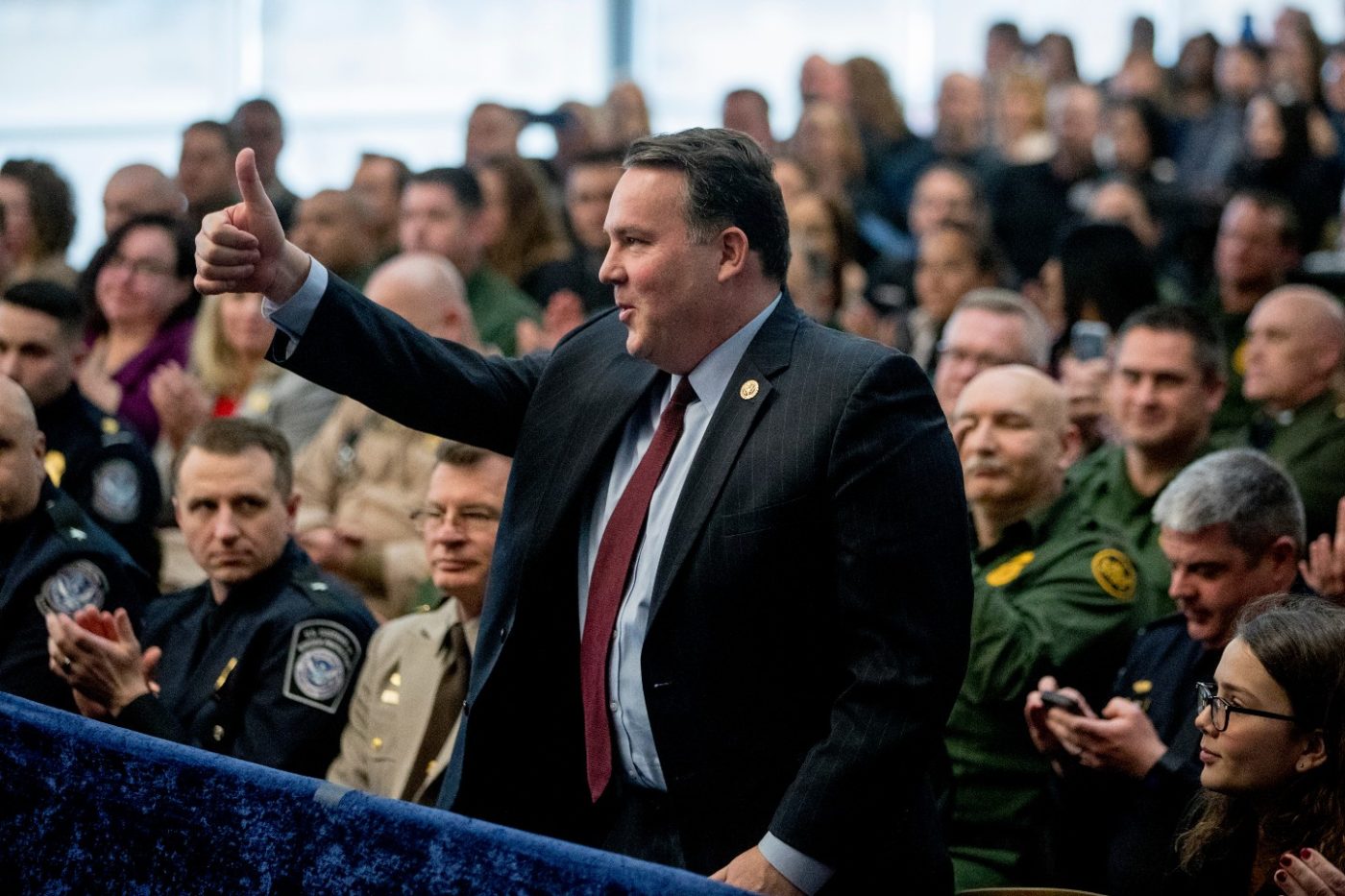
After Assessing the Insurrection, Toyota’s PAC Donates to Election Objectors
Soon after the Jan. 6 riots at the U.S. Capitol, Toyota joined scores of other major companies in putting out a statement that the Republican members of Congress who objected to the Electoral College certification might not be included in its political giving going forward.
“Given recent events and the horrific attack on the U.S. Capitol, we are assessing our future PAC criteria,” the company told E&E News.
Toyota’s assessment evidently took about three weeks, because as early as Feb. 4 the company’s PAC made a contribution of $1,000 to election objector and fourth-term Rep. Alex Mooney of West Virginia.
In the murky world of campaign finance, the disclosure reports coming out online now from the Federal Election Commission are the April quarterlies, covering contributions made in the first quarter of the year. While Toyota’s PAC filing is not yet available, reports from recipients of its donations are trickling out.
As of this writing, Toyota’s PAC has given to five Republicans who voted against certifying the Electoral College results counting Mooney, according to FEC filings: Rep. Chuck Fleischmann of Tennessee ($1,000 on Feb. 16 and $1,000 on Mar. 9); Rep. Barry Moore of Alabama ($1,000 on Mar. 1); Rep. Cliff Bentz of Oregon ($1,000 on Mar. 22); and Rep. Virginia Foxx of North Carolina ($1,000 on Mar. 22).

Several other companies that said there would be consequences for election objectors in PAC giving policies have ended their pause—as in the case of JetBlue, which made a $1,000 contribution to New York Rep. Nicole Malliotakis on March 25. Charlotte, North Carolina-based Truist Bank similarly wrapped up its review of political giving to send a $2,500 PAC donation to its regional congressperson and election objector Virginia Foxx on Mar. 25, as tracked by the corporate accountability journalist Judd Legum. His newsletter, Popular Information, is asking questions of large companies circumventing their post-Capitol-insurrection PAC pledges, like AT&T, Intel‚ and Facebook. Last month, The Daily Beast also caught contributions from Cigna Health, Ford Motors, and Pfizer, companies that said they would take the actions of the objectors into account or pause all giving to the 147 Republican objectors.
Toyota issued a statement to Newsweek this weekend that gestured at an explanation. The company said it “supports candidates based on their position on issues that are important to the auto industry and the company.
“We do not believe it is appropriate to judge members of Congress solely based on their votes on the electoral certification.
“Based on our thorough review, we decided against giving to some members who, through their statements and actions, undermine the legitimacy of our elections and institutions.”
In other words, Toyota’s PAC officers are presumably keeping an internal list of which of the 147 election objectors among Republican members of Congress went further than others to undermine the outcome of the presidential election.
In the 2020 election cycle, Toyota’s $1.16 million in PAC contributions were almost exactly evenly split between Democrats and Republicans, according to the Center for Responsive Politics. The per-cycle maximum of $10,000 was given to Mooney and two other election objectors, Arizona’s David Schweikert and Texas’ Roger Williams. Several other House objectors received large PAC donations last cycle, including Trent Kelly of Mississippi ($8,500), Andy Biggs of Arizona ($8,000), Jack Bergman of Michigan ($7,500), and Mike Kelly of Pennsylvania ($7,000). On the Senate side, Toyota’s PAC contributed to more than half of the eight objectors: Cindy Hyde-Smith ($6,642), Ted Cruz ($5,000), Cynthia Lummis ($5,000), Roger Marshall ($1,000), and Tommy Tuberville ($1,000).
Whether the company’s resumption of donations to election objectors really hurts its sales, the negative publicity would seem to outweigh the benefits of thousand-dollar checks to GOP objectors in Congress. What motivations might lie behind Toyota’s continued giving to congresspeople who backed the Trump campaign’s false claims?
A Feb. 2017 academic paper found that while corporate donations make up relatively small amounts in the overall sea of political spending, they are highly strategic toward the goal of access in the legislative process: “interest groups seek out the committees with policy jurisdiction over their business interests.”
Auto industry watchdogs might see more information about Toyota’s lobbying interests on April 20, when first quarter lobbying disclosures are due. Some recent topics of company interest can be seen in reports from last year, in which Toyota spent over $6.3 million lobbying, such as in one filing, “modifying the credit for plug-in and fuel cell electric drive motor vehicles” and “extending the Incentive Tax Credit for Fuel Cell Vehicles,” as well as the United States-Mexico-Canada Agreement (USMCA).
An October 2019 report by the UK-based research group InfluenceMap created a scorecard of companies’ lobbying and PR against the policies of the Paris climate accord. Toyota’s corporate activity was given a -23 rating, just behind General Motors and barely ahead of Occidental Petroleum, Ford Motors, and mining and fossil fuels multinational BHP.
For more corporate accountability and lobbying reporting, get the Sludge newsletter.
